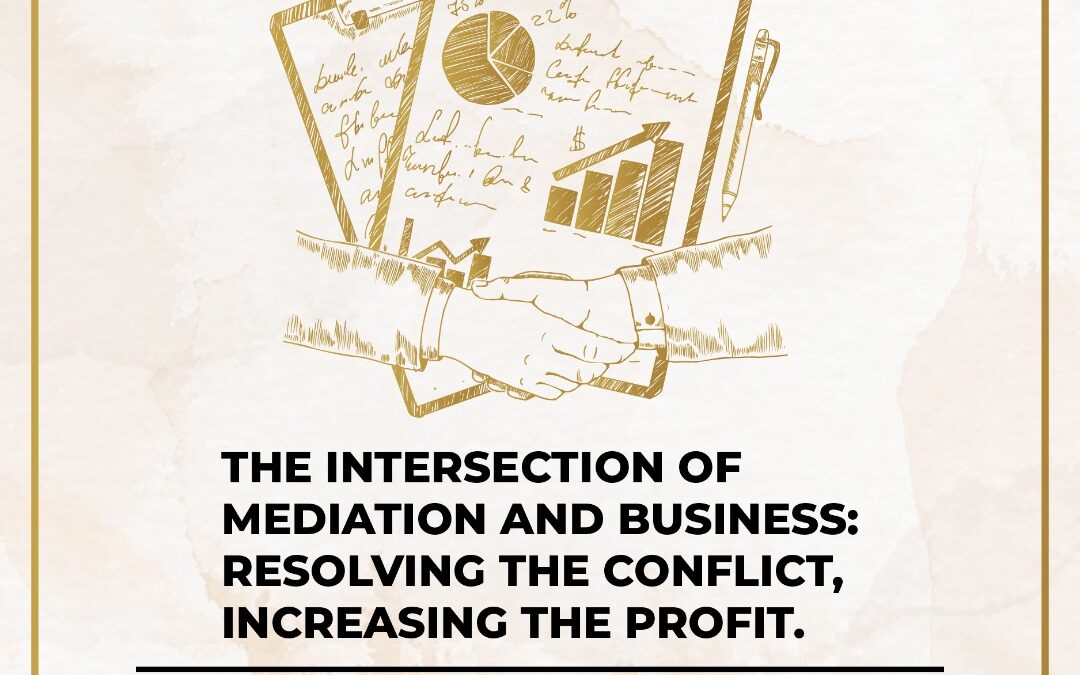The aim of every business is to make profit. This is because profit brings about business growth and without profit, companies or businesses cannot expand. Profit is essential for the survival of any business yet there are instances when businesses struggle with profit-making as a result of CONFLICTS, arising within and outside of the business.
Albeit undesired, conflicts are inevitable in the business world. The way the tongue and teeth constantly compete for things in the mouth, is the same way people fight or compete for a position, authority, resources, and so on within the business environment.
Conflict in business could be in form of workplace conflict where there is a disagreement or misunderstanding between or among the members of an organization. Conflict in business could also be between a company and its customer, between business partners and associates, and even between two businesses competing in the same market.
When these conflicts arise, they often bring about negative effects to the business such as decreased productivity, absenteeism of staff, low sales, and eventually low profit.
So how can businesses resolve conflicts in order to keep the business running and in shape to continue making profit?
The simple answer to this question is MEDIATION. For those hearing the word “Mediation” for the first time, it is a means of dispute resolution where a neutral third party called the Mediator, assists parties in dispute to reach a negotiated settlement.
The Mediator helps to facilitate communication between the parties to reach a resolution that is made by the parties themselves. An attribute very unique to Mediation is that it is party-driven, parties are actively involved in the process thereby gaining a full understanding of the issues involved in the case as opposed to litigation where parties in dispute are relegated to the background.
Mediation is voluntary, thus parties come willingly for the Mediation process and can leave the process at any point in time. It is important to also state here, that the resolution made at the end of the process becomes binding on the parties once it has been reduced into writing, and signed by them.
Mediation is also confidential and private. Discussions made in a mediation session are never released to the public, unless with the express permission of the parties involved. It is an informal way of resolving disputes as opposed to the formal setting of the court. The Mediator and the parties with their advocates can sit around a table to explore the issues surrounding the conflict and how the conflict can ultimately be resolved.
Mediation is very beneficial to commercial transaction disputes because of its problem-solving nature. Mediation encourages communication between the parties involved, affords them the opportunity of coming up with creative solutions, and parties can exchange ideas for settlement.
With the foregoing discussions on the characteristics of Mediation, it is evident that it is the best option for any conflict or dispute within the business sector. Business owners are people who don’t like to waste time, resources, and money. Mediation works perfectly in giving business owners what they want, by saving their precious time which could have been wasted if they had explored litigation. The same dispute that Mediation will resolve in less than six months could take a court up to 5 years or more to resolve due to the frequent adjournments. Eventually one party is favoured over the other.
Using Mediation to resolve business disputes, helps to sustain the business relationship of the parties after the resolution of the dispute. Parties who previously came in for Mediation as enemies often leave Mediation as friends and can go on to have an even more profitable business relationship.
Conclusively, the intersection of Mediation and business lies in the fact that Mediation helps in saving time and money, business disputes are resolved faster, business relationships are preserved and a binding solution is agreed on by the parties for the resolution of their dispute. Thus every party in business leaves a winner.


